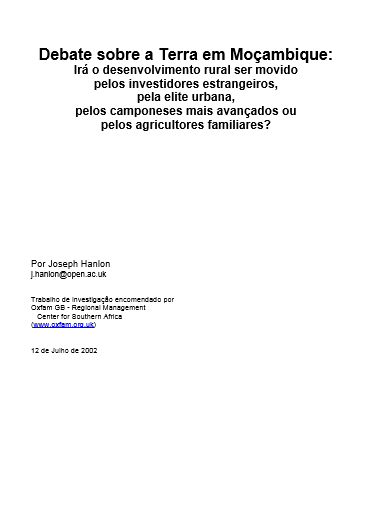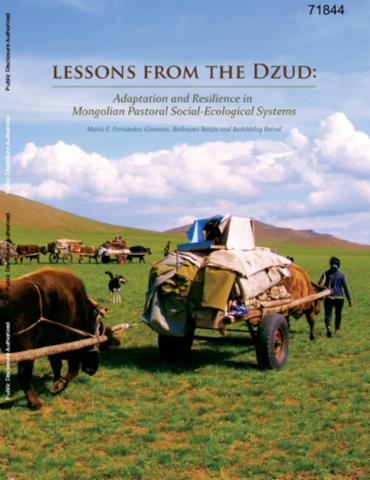Making Women's Voices Count in Natural Disaster Programs in East Asia and the Pacific
The East Asia region is highly prone to
the impacts of natural disasters. Situated in the ring of
fire, countries in the region are regularly hit by typhoons,
earthquakes, floods, and other events. Natural disasters can
have major impacts on the social and economic welfare of a
population, and often pose serious obstacles in the
achievement of sustainable social and economic development.
Moreover, impacts from disasters are not uniformly




